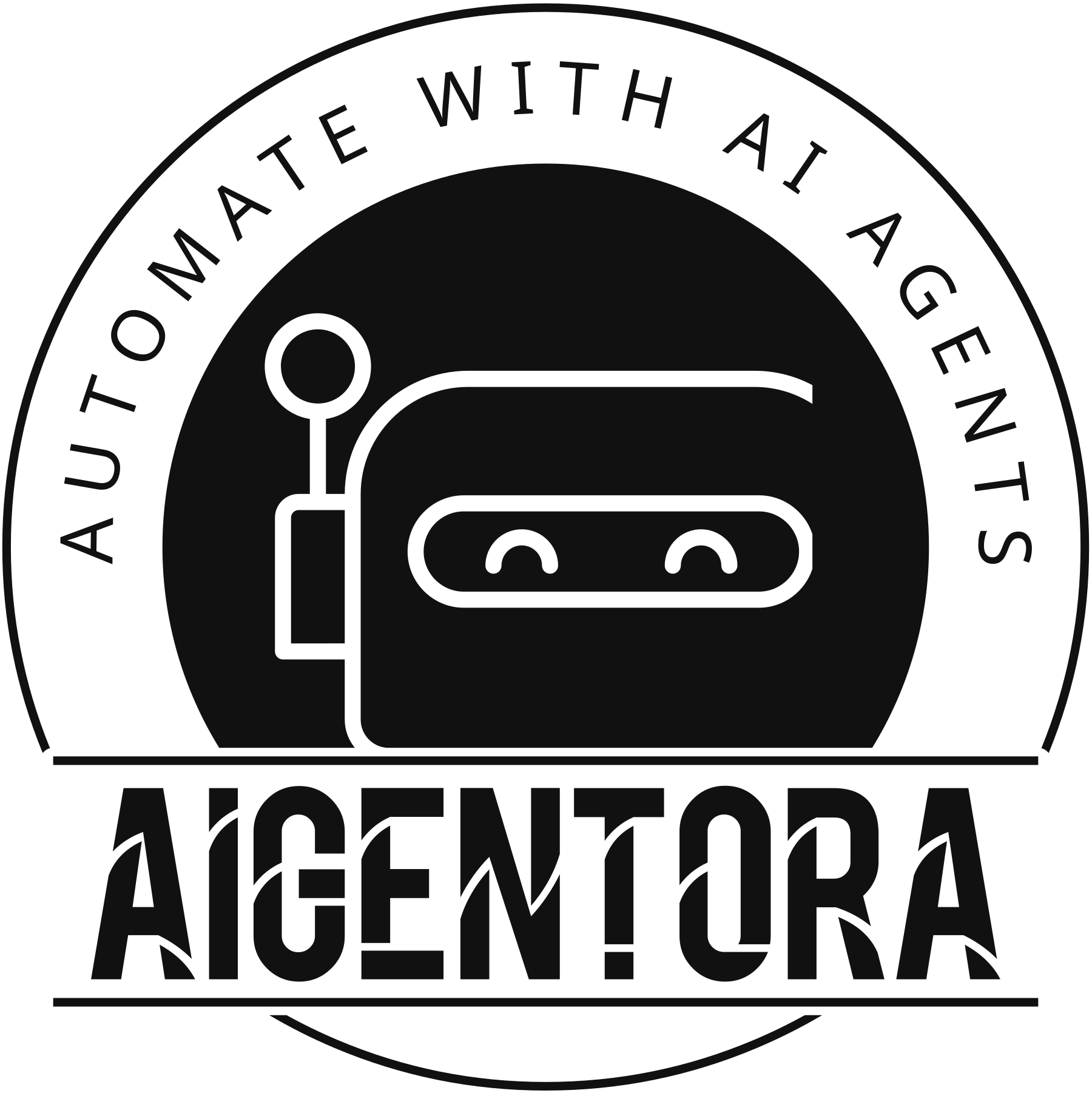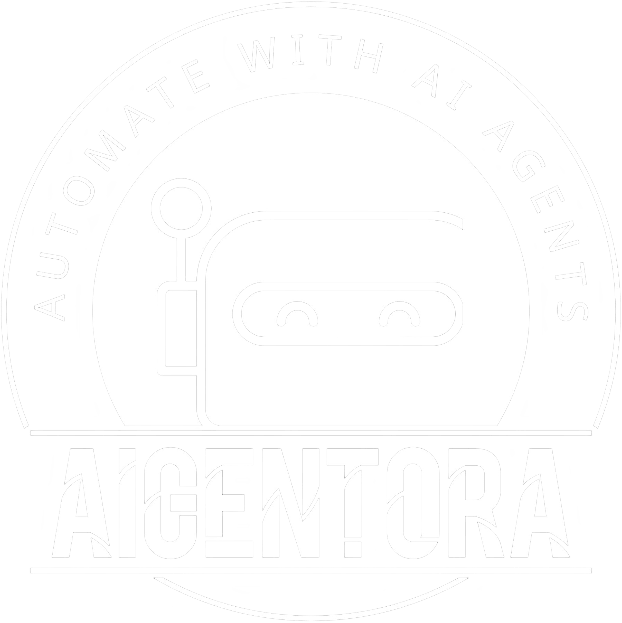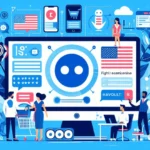Discover how AI agents—appointment scheduling, symptom triage, billing automation, and virtual assistants—can revolutionize healthcare operations, improve patient experience, ensure compliance, and boost efficiency. Learn best practices, real‑world examples, and implementation tips.
Why AI Solutions Matter for Healthcare
Generic tools can assist with basic tasks, but they lack the clinical precision, compliance, and workflow alignment essential in healthcare.
By adopting custom AI healthcare automation solutions, you can:
⚙️ Automate key processes – from patient intake and scheduling to billing and claims management.
🧠 Leverage domain-specific intelligence – fine‑tune AI agents on medical data for accurate decision support.
📈 Boost efficiency and accuracy – streamline repetitive admin tasks, reduce errors, and save staff time.
❤️ Improve patient experience – offer 24/7 virtual assistance, faster responses, and personalized care.
🩺 What Are AI Solutions for Healthcare Automation?
Healthcare automation with AI involves creating intelligent agents and systems that streamline medical, administrative, and operational workflows while ensuring compliance and patient safety.
Examples include:
Virtual health assistants for patient triage, scheduling, and reminders.
AI-powered medical billing systems for claims processing and insurance verification.
Clinical decision support agents providing evidence-based insights to doctors and nurses.
Automated documentation tools that summarize patient notes and update EMRs in real time.
With the right AI strategy, healthcare organizations can move from manual processes to fully automated, scalable solutions that improve care quality and operational efficiency.
🛠️ Our Approach to Healthcare AI Automation
At Aigentora, we design and deliver intelligent healthcare automation systems tailored to clinical and operational needs. Our approach includes:
🔹 Needs Assessment & Planning – Analyze patient care workflows, admin processes, and regulatory requirements.
🔹 Solution Architecture & Model Selection – Identify the best AI agents, LLMs, and tools for secure healthcare integration.
🔹 Data Curation & Compliance Alignment – Prepare clean, domain‑specific medical data following HIPAA and GDPR standards.
🔹 Rapid Prototype Development – Build and test a functional model to validate outcomes early.
🔹 Seamless System Integration – Connect AI solutions with EHR systems, scheduling platforms, and billing software.
🔹 Continuous Monitoring & Scaling – Track performance, retrain models, and expand automation as needs grow.
Industry Applications of Healthcare Automation with AI
✅ Virtual assistants for patient support, scheduling, and reminders.
✅ Intelligent systems for claims handling and revenue cycle optimization.
✅ Automated tools for updating electronic health records in real time.
✅ Smart agents for clinical resource planning and staff allocation.
✅ Secure compliance monitors for policy adherence and audit readiness.
📈 Advantages of Implementing AI in Healthcare Operations
🔹 Improved Patient Experience: Offer faster responses, personalized care, and 24/7 assistance.
🔹 Operational Efficiency: Reduce administrative workload and eliminate repetitive manual tasks.
🔹 Seamless Integration: Connect AI agents with EHRs, billing, and scheduling systems effortlessly.
🔹 Regulatory Compliance: Ensure data handling meets HIPAA and global healthcare standards.
AI Solutions for Healthcare Automation
AI agents automate repetitive tasks such as scheduling, billing, and patient record updates. This saves staff time, reduces errors, and ensures faster service delivery, improving both operational efficiency and patient experience.
Yes, custom AI agents are built to work with popular EHR and EMR systems using secure APIs. This allows smooth integration without disrupting ongoing workflows or requiring a complete system overhaul.
Every solution is designed to follow HIPAA, GDPR, and industry security standards. Features like encryption, access control, and audit logs ensure patient data remains secure and fully compliant.
Most providers see improvements in efficiency and cost savings within a few weeks of deployment. A proof-of-concept can be developed in under a month, while full rollout takes 6–8 weeks.
No, AI agents are built to support healthcare teams by handling administrative and repetitive tasks. Doctors, nurses, and staff can then focus on patient care, complex decision-making, and improving outcomes.
Patient intake, appointment scheduling, medical documentation, claims processing, and compliance monitoring are the top areas. Automating these saves time and improves accuracy significantly.
AI reduces staffing overhead for repetitive tasks, speeds up processes like billing, and minimizes human errors. These factors combined deliver substantial cost savings and faster revenue cycles.
They provide 24/7 support, answer FAQs, send reminders, and guide patients through processes like symptom reporting or follow-up scheduling. This boosts satisfaction and encourages proactive care.






